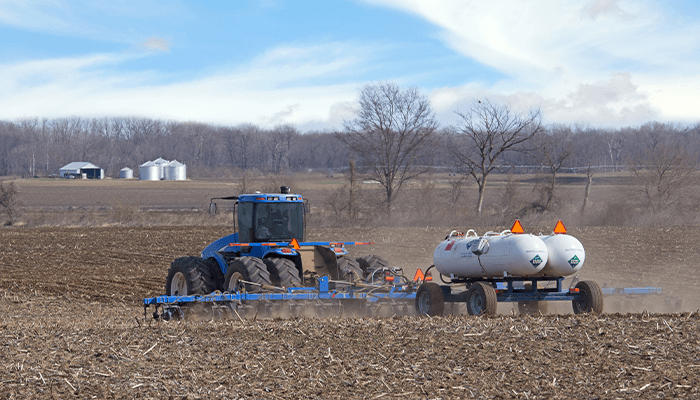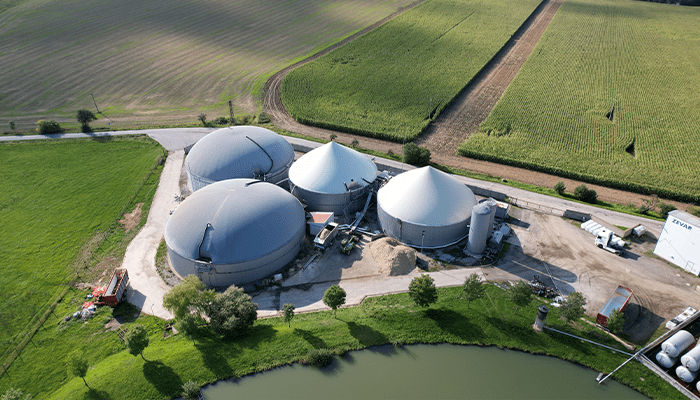
Does Stock Throughput Insurance Make Sense for Your Agribusiness Operation?
As the property insurance market continues to put pricing pressure on renewals, some agribusiness operations have benefited from specialty insurance programs, such as stock throughput coverage, to help them navigate the challenging marketplace.
A form of inland marine insurance, a stock throughput program insures a product throughout the supply chain and accounts for any potential gaps in coverage. From the time the product is shipped, stored, and delivered to its final destination, there is a lot at stake. A stock throughput policy provides continuous coverage against all risks not explicitly excluded in the contract as long as the insured has ownership or responsibility for the product.
Stock throughput coverage has its own deductible and is not designed to be a “premium saver;” however, it may provide insurance premium savings in addition to other benefits, such as:
- Coverage for stock at third party locations, including goods in transit
- Flexible valuation options
- Increased capacity outside of the property program
- Coverage for catastrophic perils, such as flood, windstorm, and earthquake
Because each policy is created on a case-by-case basis, the application process can be strenuous. Underwriters will want details on the operation’s loss prevention programs, including combustion/fire prevention. Coverage and premium considerations also include:
- Number of locations
- Length of time the product is stored
- How much product is stored?
- How much product is moving?
- How often is the product moving, and when?
- Modes of transportation
Depending on how risk is viewed, a stock throughput policy may be worth considering for any agribusiness operation that:
- Is looking for broader coverage and more control over their supply chain
- Needs to free up more capacity in the marketing to insure their buildings
- May be able to obtain more favorable coverage terms by pulling the stock out and insuring it separately
As interest in stock throughput policies grows, the AssuredPartners Agribusiness team has the knowledge and experience to help you through the underwriting process, ensuring you have the coverage your operation needs.
Featured News & Insights

Nitrogen is the cornerstone of crop production, vital to plant health and growth. However, one of the most efficient yet challenging sources of nitrogen is anhydrous ammonia (NH3). While NH3 is an...

Carbon credits as a concept have been around for years, offering both environmental and economic opportunities for the agriculture sector. With sustainable practices taking center stage, it's...

The outlook for the U.S. poultry market is promising as demand remains high, flock populations have recovered, and market prices are expected to increase, according to the USDA’s August 2024...